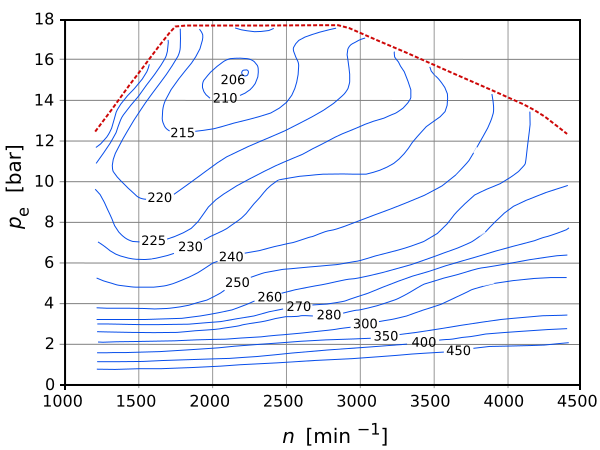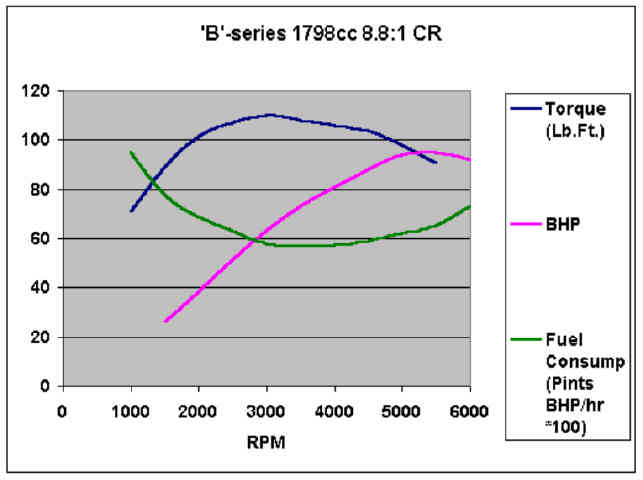Volkswagen Test Rigging Follows a Long Auto Industry Pattern
For decades, car companies found ways to rig mileage and emissions testing data.
Cheating in the United States started as soon as governments began regulating automotive emissions in the early 1970s. In 1972, certification of Ford Motor’s new cars was held up after the Environmental Protection Agency found that the company had violated rules by performing constant maintenance of its test cars, which reduced emissions but did not reflect driving conditions in the real world. Ford walked away with a $7 million fine.
Such gadgets became known as “defeat devices,” and they have long been banned by the E.P.A. But their use continued to proliferate, and they became more sophisticated
Beyond emissions, the industry has long been contemptuous of regulation. Henry Ford II called airbags “a lot of baloney,” and executives have bristled at rules requiring higher mileage per gallon
The universe of automotive scandals has been a broad and often tragic one, including Ford’s 1978 recalls of 1.5 million Pintos after evidence emerged that its gas tanks were prone to catch fire during impacts. The Chrysler Corporation was indicted in 1987 on charges of
disconnecting the odometers of 60,000 cars used by executives and then selling them as new. The Ford-Firestone scandal that started in the late 1990s was
linked to 271 deaths. And more than 23 million cars have been recalled by 11 automakers over airbags made by Takata that could violently rupture in an accident.
Misleading gas mileage claims have disturbed regulators and consumers who find that cars often use more gas than promised on the window sticker
“We call it the tip of the iceberg,” said Jos Dings, the director of Transport and Environment. “We
don’t think this will be limited to Volkswagen. If you look at the testing numbers for the other manufacturers, they are just as bad.”
http://www.nytimes.com/2015/09/24/business...ttern.html?_r=0





 But I did look at the gauge enough to see that maximum acceleration was definitely not the most efficient. It was much lower.
But I did look at the gauge enough to see that maximum acceleration was definitely not the most efficient. It was much lower.
